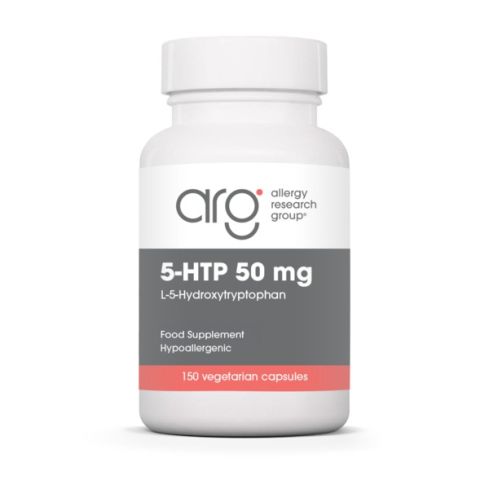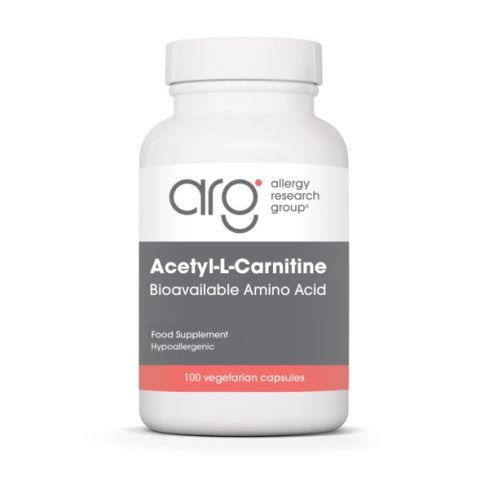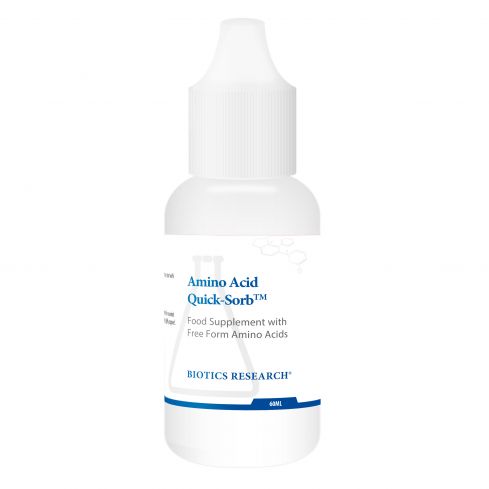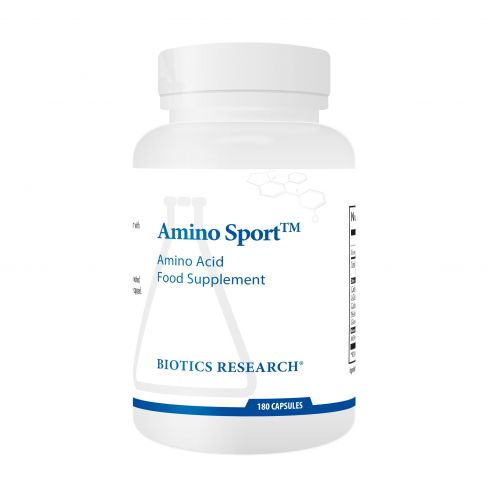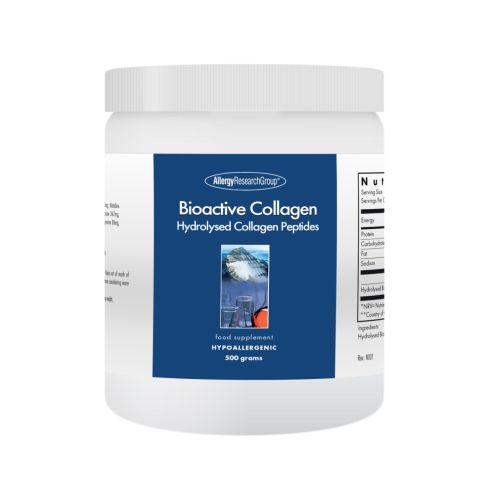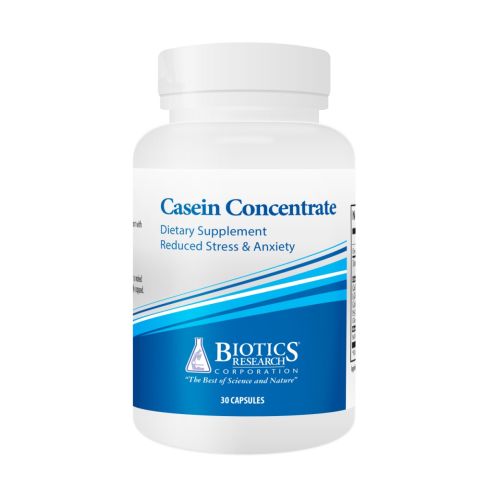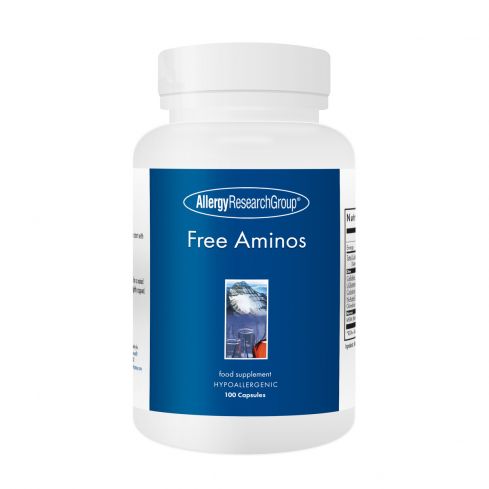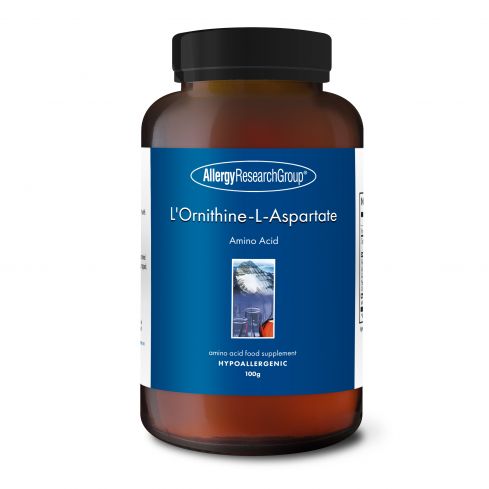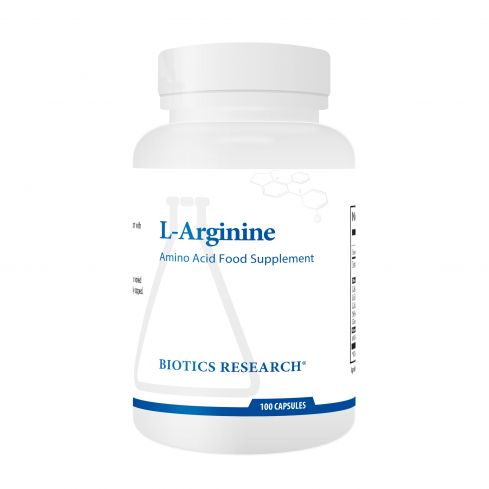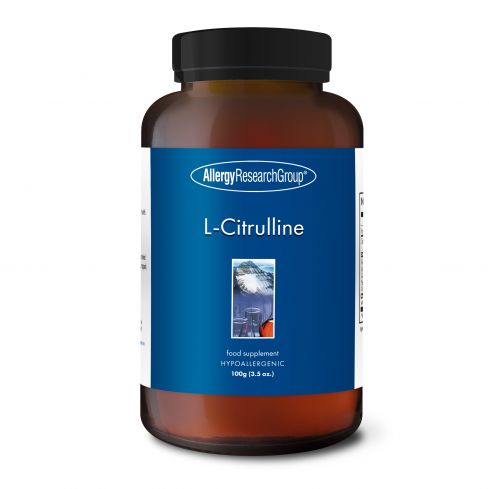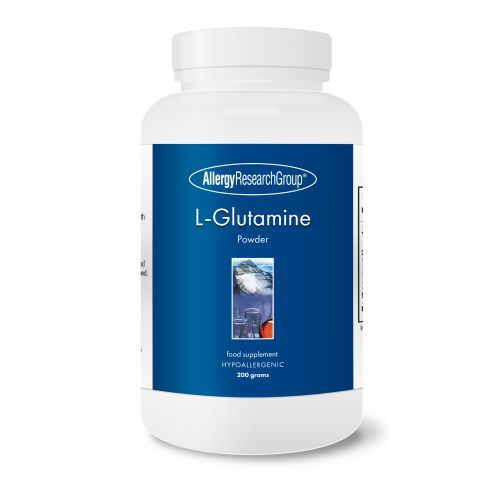- Home
- Products
- Categories
- Amino Acids
Amino Acids
Of the 22 standard proteinogenic (also known as standard, normal, or primary) amino acids, 20 are directly encoded by the universal genetic code, with selenocysteine and pyrrolysine being incorporated into proteins by unique synthetic mechanisms. 8 are understood to be essential amino acids because the human body is unable to synthesise them from other compounds to meet the dietary requirements for normal growth, so they must be obtained from food.[1]
However, the situation is a little more complicated since cysteine, tyrosine, histidine and arginine are semi-essential amino acids in children, because the metabolic pathways that synthesise these amino acids are not fully developed.[2] The amounts required also depend on the age and health of the individual, so it is hard to make general statements about the dietary requirement for some amino acids.
| Essential | Nonessential |
|---|---|
|
Isoleucine |
Alanine |
|
Leucine |
Asparagine |
|
Lysine |
Aspartate |
|
Methionine |
Cysteine* |
|
Phenylalanine |
Glutamate |
|
Threonine |
Glutamine* |
|
Tryptophan |
Glycine* |
|
Valine |
Proline* |
|
Arginine* |
Serine* |
|
Histidine* |
Taurine |
|
|
Tyrosine* |
*These are known as conditionally essential.[3],[4]
The amino acids leucine, isoleucine and valine are known as branched-chain amino acids or BCAA’s. It is their chemical make-up that gives them this name, because these amino acids have aliphatic side-chains (A compound composed of carbon and hydrogen arranged in straight or branched chains, and not containing aromatic rings) that are non-linear. These three amino acids are also Essential Amino Acids (EAAs).
The combination of these three essential amino acids make up approximately 1/3 of skeletal muscle in the human body, and play an important role in protein synthesis. As a result, BCAA’s, or protein powders containing them, are very popular with athletes and those undertaking exercise as an aid to muscle recovery.[4],[5]Unlike other amino acids which, when consumed in free form are absorbed and processed by the liver, branched chain amino acids are absorbed directly by muscle tissue.[6]
Additionally, BCAA’s are used clinically to aid in the recovery of burn victims.
Nutri-Link supplies a number of amino acid and protein formulas that are rich in BCAA’s, and which have also been used in clinical practice to support lean muscle tissue, specifically the Amino Sport (Biotics Research) formula and the Whey Protein Isolate (Biotics Research). The Arthred Collagen Powder (Allergy Research) and Egg Protein Powder have also proven effective at supporting healthy lean muscle tissue and contain leucine, isoleucine and valine.
References
- Young VR (1994). “Adult amino acid requirements: the case for a major revision in current recommendations”. J. Nutr. 124 (8 Suppl): 1517S-1523S. View Abstract
- Fürst P, Stehle P (2004). “What are the essential elements needed for the determination of amino acid requirements in humans?”. J. Nutr. 134 (6 Suppl): 1558S-1565S. View Abstract.
- Reeds PJ (2000). “Dispensable and indispensable amino acids for humans”. J. Nutr. 130 (7): 1835S-40S. View Abstract.
- Norton LE, Layman DK (2006). “Leucine regulates translation initiation of protein synthesis in skeletal muscle after exercise”. J. Nutr. 136 (2): 533S–537S. PMID 16424142. View abstract.
- Blomstrand E, Eliasson J, Karlsson HK, Köhnke R (2006). “Branched-chain amino acids activate key enzymes in protein synthesis after physical exercise”. J. Nutr. 136 (1 Suppl): 269S–73S. View abstract.
- Karlsson HK, Nilsson PA, Nilsson J, Chibalin AV, Zierath JR, Blomstrand E (2004). “Branched-chain amino acids increase p70S6k phosphorylation in human skeletal muscle after resistance exercise”. Am. J. Physiol. Endocrinol. Metab. 287 (1). View Abstract.
Of the 22 standard proteinogenic (also known as standard, normal, or primary) amino acids, 20 are directly encoded by the universal genetic code, with selenocysteine and pyrrolysine being incorporated into proteins by unique synthetic mechanisms. 8 are understood to be essential amino acids because the human body is unable to synthesise them from other compounds to meet the dietary requirements for normal growth, so they must be obtained from food.[1]
However, the situation is a little more complicated since cysteine, tyrosine, histidine and arginine are semi-essential amino acids in children, because the metabolic pathways that synthesise these amino acids are not fully developed.[2] The amounts required also depend on the age and health of the individual, so it is hard to make general statements about the dietary requirement for some amino acids.
| Essential | Nonessential |
|---|---|
|
Isoleucine |
Alanine |
|
Leucine |
Asparagine |
|
Lysine |
Aspartate |
|
Methionine |
Cysteine* |
|
Phenylalanine |
Glutamate |
|
Threonine |
Glutamine* |
|
Tryptophan |
Glycine* |
|
Valine |
Proline* |
|
Arginine* |
Serine* |
|
Histidine* |
Taurine |
|
|
Tyrosine* |
*These are known as conditionally essential.[3],[4]
The amino acids leucine, isoleucine and valine are known as branched-chain amino acids or BCAA’s. It is their chemical make-up that gives them this name, because these amino acids have aliphatic side-chains (A compound composed of carbon and hydrogen arranged in straight or branched chains, and not containing aromatic rings) that are non-linear. These three amino acids are also Essential Amino Acids (EAAs).
The combination of these three essential amino acids make up approximately 1/3 of skeletal muscle in the human body, and play an important role in protein synthesis. As a result, BCAA’s, or protein powders containing them, are very popular with athletes and those undertaking exercise as an aid to muscle recovery.[4],[5]Unlike other amino acids which, when consumed in free form are absorbed and processed by the liver, branched chain amino acids are absorbed directly by muscle tissue.[6]
Additionally, BCAA’s are used clinically to aid in the recovery of burn victims.
Nutri-Link supplies a number of amino acid and protein formulas that are rich in BCAA’s, and which have also been used in clinical practice to support lean muscle tissue, specifically the Amino Sport (Biotics Research) formula and the Whey Protein Isolate (Biotics Research). The Arthred Collagen Powder (Allergy Research) and Egg Protein Powder have also proven effective at supporting healthy lean muscle tissue and contain leucine, isoleucine and valine.
REFERENCES
- Young VR (1994). “Adult amino acid requirements: the case for a major revision in current recommendations”. J. Nutr. 124 (8 Suppl): 1517S-1523S. View Abstract
- Fürst P, Stehle P (2004). “What are the essential elements needed for the determination of amino acid requirements in humans?”. J. Nutr. 134 (6 Suppl): 1558S-1565S. View Abstract.
- Reeds PJ (2000). “Dispensable and indispensable amino acids for humans”. J. Nutr. 130 (7): 1835S-40S. View Abstract.
- Norton LE, Layman DK (2006). “Leucine regulates translation initiation of protein synthesis in skeletal muscle after exercise”. J. Nutr. 136 (2): 533S–537S. PMID 16424142. View abstract.
- Blomstrand E, Eliasson J, Karlsson HK, Köhnke R (2006). “Branched-chain amino acids activate key enzymes in protein synthesis after physical exercise”. J. Nutr. 136 (1 Suppl): 269S–73S. View abstract.
- Karlsson HK, Nilsson PA, Nilsson J, Chibalin AV, Zierath JR, Blomstrand E (2004). “Branched-chain amino acids increase p70S6k phosphorylation in human skeletal muscle after resistance exercise”. Am. J. Physiol. Endocrinol. Metab. 287 (1). View Abstract.
- 4 items
- 5 items
- 2 items
- 4 items
- 4 items
- 2 items
- 11 items
- 8 items
- 1 item
- 9 items
- 9 items
- 3 items
- 7 items
- 14 items
- 19 items
- 2 items
- 6 items
- 15 items
- 20 items
- 1 item


